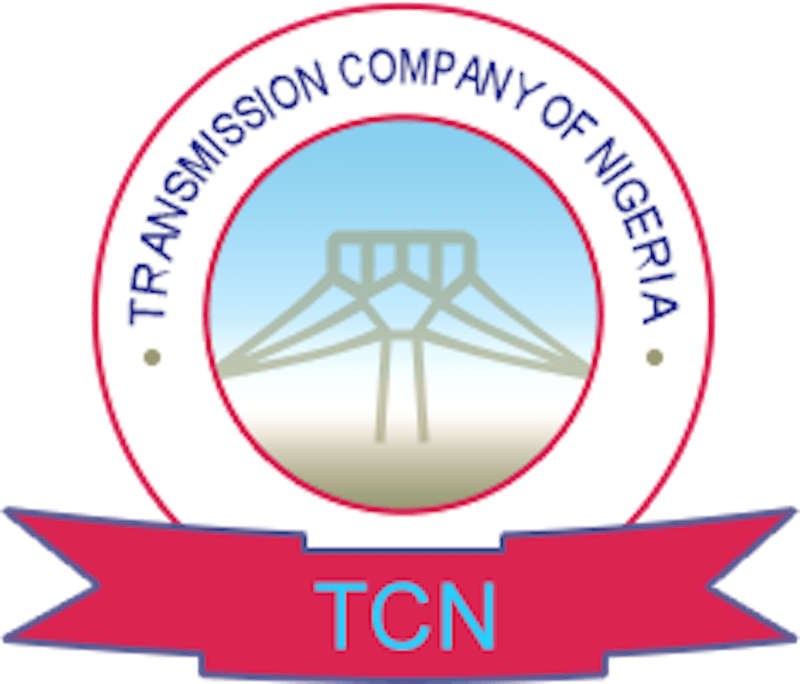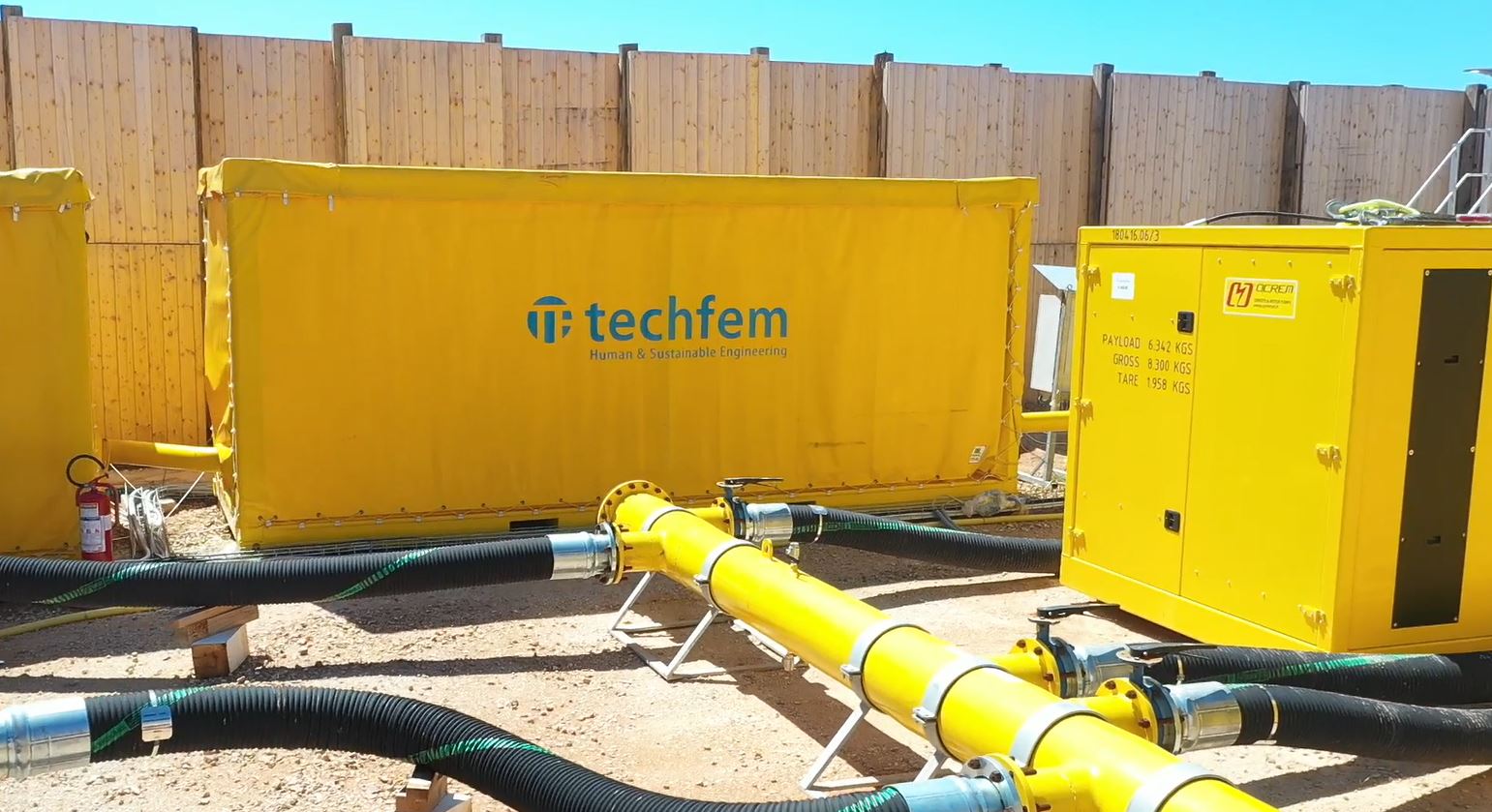WHENEVER the opportunity has arisen over the last two years, the Minister of Power, Works and Housing, Mr. Babatunde Fashola (SAN), has not shied away from assuring the Nigerian public of the current administration’s commitment to provide uninterrupted power supply. The most recent occasion for the honorable minister’s avowal was in March this year when the Transmission Company of Nigeria (TCN) announced the World Bank’s approval of $486 million to support its expansion programme.
Yet, if the conclusions of a recent system adequacy report submitted by the TCN to the Nigerian Electricity Regulatory Commission (NERC) are anything to go by, Nigerians may have good reason to doubt the sincerity of Mr. Fashola’s undertakings. Prepared by the Japan International Cooperation Agency (JICA) apparently at the instance of the TCN, the report presents an unflattering picture of the energy sector in Nigeria that pointedly contradicts the minister’s repeated assurances that the familiar stories of woe would soon be a thing of the past. The pith of the Japanese agency’s report is that, for the next 10 years at least, Nigerians can continue to count on the current regime of epileptic power supply.
The report’s 10-year forecast couldn’t be gloomier: “Nigeria will continue to suffer from a severe deficit in electrical energy from the main supply grid in the next 10 years. Even under the most optimistic assumptions (high technical availability, high rainfalls, low demand growth), this energy deficit will remain at a level of around 3000MWh/h. In addition to insufficient generation capacity, constraints in the gas supplies will remain very important. Given the expected available generation capacity, gas constraints will continue to limit the available energy until 2025.” Although the report allows that the situation could be resolved “with a massive addition of more power plants,” it is quick to add that “this will be difficult to achieve within the analysed time frame.”
No sincere watcher of developments in the country’s energy sector can be surprised by these dispiriting prospects. While successive administrations (both military and civilian) have made outlandish promises about putting the energy sector on an even keel, such promises have been undone by egregious corruption in the sector. Last year, Socio-Economic Rights and Accountability Project (SERAP), a Lagos-based non-governmental organisation, published the results of a study which concluded that “The country has lost more megawatts in the post-privatisation era due to corruption, impunity, vandalism of gas pipelines and other restiveness in the resource-bearing communities, among other social challenge.” More disturbingly, the SERAP study estimated that “financial loss to Nigeria from corruption in the electricity sector starting from the return to democracy in 1999 to date is over N11 trillion.”
Anchored on hard data, both the Japanese system adequacy report and SERAP’s study define the enormity and complexity of the task confronting the Federal Government as it seeks to rein in corruption and deliver on its campaign promises. Now that Nigerians are aware of the true state of things in the energy sector and that they are unlikely to change over the next decade, the Buhari administration needs to come clean on its next steps.
Source: Tribune









